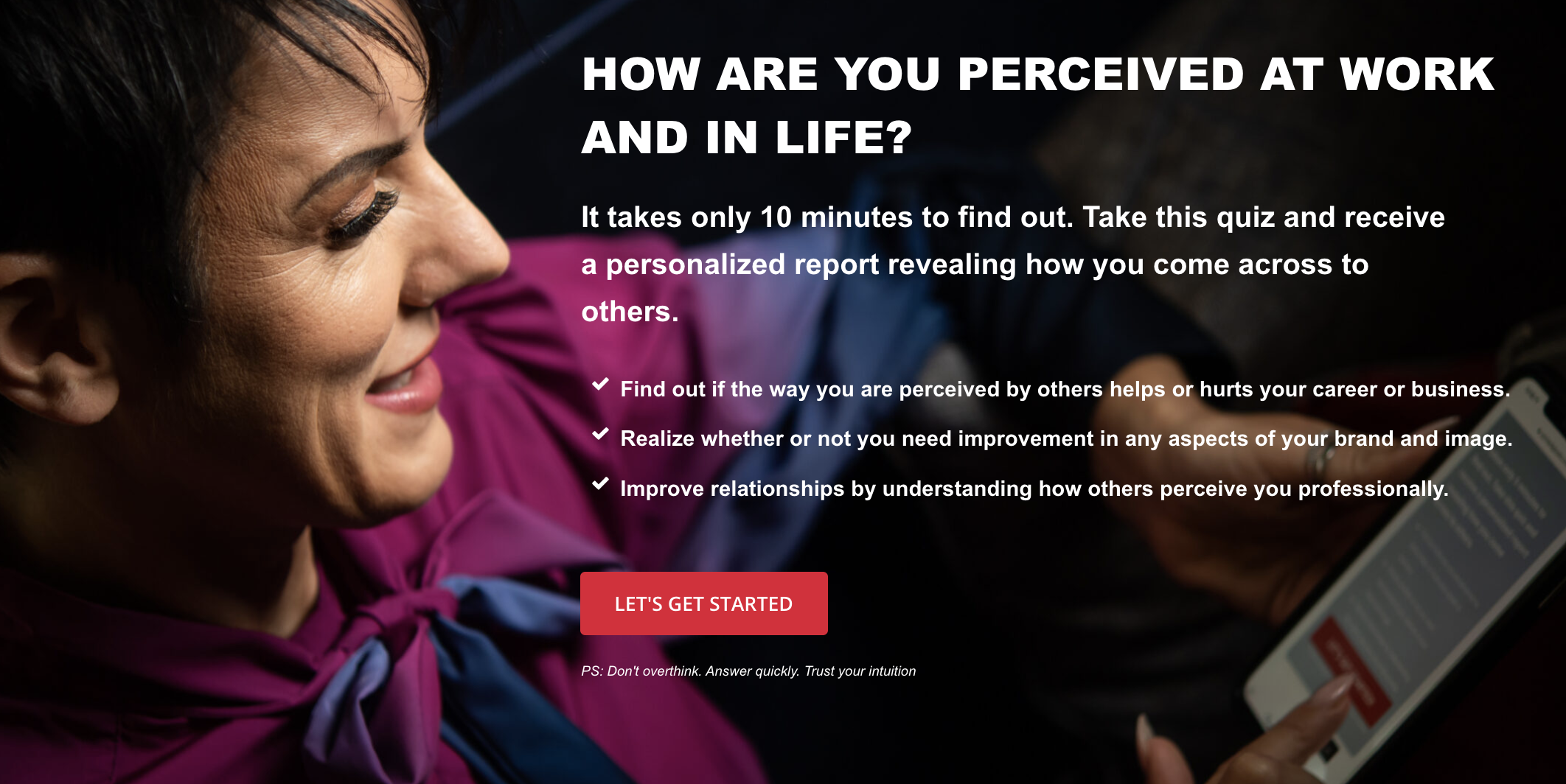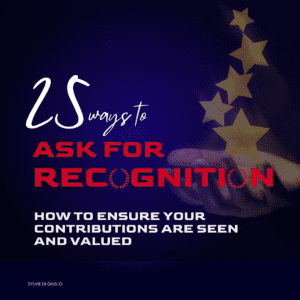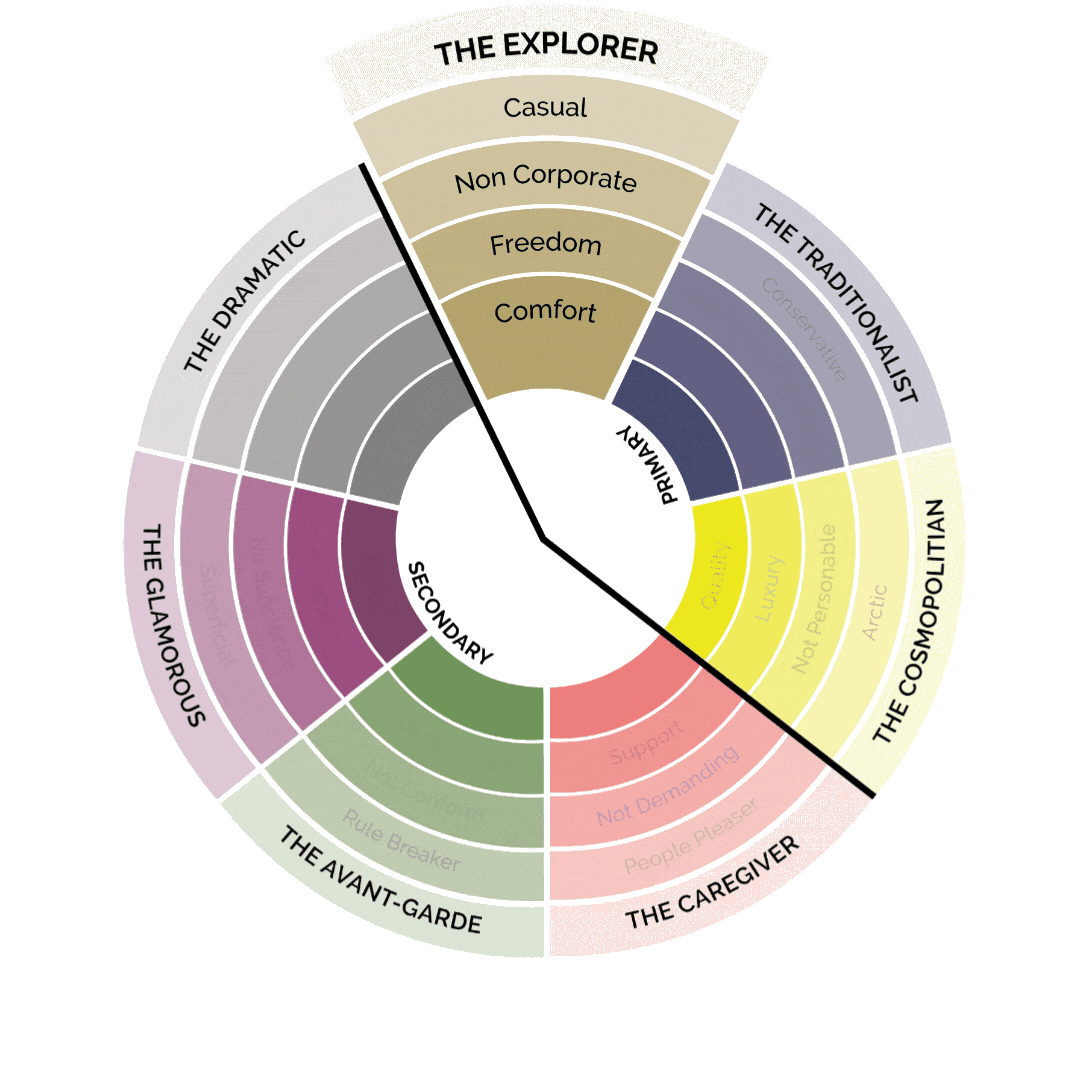How to apologize at work
10 short yet impactful tips on how to protect your reputation by apologizing the right way.
First, I want you to know that EVERYBODY, including myself, makes a “wrong” impression every once in a while. It’s only human! And saying “sorry” for what we did wrong, isn’t actually the issue. In fact, we say sorry quite often – for leaving behind a coffee cup at the printer station, for sending out those emails too late, for not being on time at the team meeting, for stepping on someone’s toes. Things are a little bit different though, if we step on someone’s personal feelings in a professional setting and you have to apologize at work. If someone else feels irritated or even offended by something wacky, not-well-thought-out, or even offensive we said or did. So how do you handle that? And how SHOULDN’T you handle it? Because there are usually two mistakes happening when you have to apologize at work:
Mistake #1 – you ignore and move on
You don’t feel like you are responsible for how others feel, that you have to apologize at work and therefore simply ignore it and move on. If this is how you decide to handle the situation you are losing control over the case and therefore the outcome. You don’t know if they’ll move on too, forget about it, forgive you, carry on or share with others how you supposedly made them feel. REMEMBER, your image is not what people tell you to your face. It’s actually what they say about you behind your back. And if YOU don’t control your image, others will control it for you. Not considering apologizing at work can damage your relationships at work, limit your career opportunities, and even can affect your entire team. The tension of YOU don’t feeling this requires an apology and others thinking you don’t own your mistakes will create a toxic work environment.
Mistake #2 – you don’t feel responsible for what happened
The second mistake often made—in particular if you don’t feel you are 100 PERCENT responsible for what happened—you simply blurt out a quick “sorry” while the other party might think they deserve a more genuine apology, which makes them dislike or distrust you even more—as you obviously haven’t taken the issue seriously enough. If you think you have to apologize at work—you really need to apologize.
So instead, if you feel like you need to take serious action and initiative to mend the impact made by your impression, and you really need to apologize at work, here are ten tips that will help you along the way in case you have to apologize at work:
Forgive yourself
First, and this might sound trivial—however, it’s a very important step; forgive yourself! We all make mistakes, and we all have “off” days. WE all had to apologize at work at one point. You can only try to do your best every day. However, the way you go about making things right and growing from your faults and learnings says more about you as a person and a professional than your original mistake.
Do your homework
Once you have let go of the self-judgment that is holding you back, do your homework! Analyze the situation that you found yourself in and understand how the other party involved may feel. Ask yourself some tough questions about what exactly happened, the consequences, and how it could have gone better. This can help lead you through understanding the details of what went wrong in the encounter. And it will also help you phrase an apology that goes far beyond a simple “sorry.”
Timing is crucial
Now that you are clear on the mistakes you made plan when to apologize at work. The timing is crucial. For minor mistakes, such as being too late to a meeting, an apology is EXPECTED and ACCEPTED quickly. However, when you apologize at work for a particularly huge mistake, you might need to wait a few hours or even a day until emotions calmed down and everyone involved is ready to process the situation and accept an apology.
Plan a private conversation, except…
When planning, keep in mind that this conversation should happen privately – a one-to-one conversation. Things are more complicated if your apology has anything to do with sexual misconduct, alcohol or drug abuse, or religious or other sensitive topics. If this is the case, I encourage you to immediately skip this video or article and seek help from your HR department or legal counsel. But other than that, always seek a private conversation with the person you need to apologize to at work. In a second step, you can still invite your boss or anyone else involved and share—possibly together with the person impacted—that you worked things out.
Skip the technology
Try to apologize in person. A conversation from eye to eye is always better than communication via text message, email, chat, or even via call. If possible, allow the other person to hear your voice and see your facial expressions. And vice versa. If you quickly type that you are sorry for what happened, you can’t see their reaction either. You hit “send” and lose control over the process as nothing might happen. If an in-person apology is NOT possible, a facetime, skype, zoom, Webex session, or any virtual meeting room is probably your next best option. That being said, as others “see” you—in person or via webcam—be careful with your non-verbal cues. Crossing your arms—negative and cold. Avoiding eye contact—distant and suspicious. Smiling too much—don’t you take this seriously?
Say and be sorry
Next, say it out loud: “I am sorry.” And it will only sound authentic and real to others if you actually mean it. Because the important point here is to actually BE sorry. Express your regret about the situation with honesty and humility when you apologize at work. This is the first step to gaining back trust and accepting forgiveness. That being said, claim the blame! Say, “I realize I made a mistake,” or “I understand you were hurt.” Own the mistakes you made and take responsibility for your actions. Also, don’t shift part of the blame onto someone or something else in an attempt to reduce responsibility—you are the one who needs to apologize at work. And it is very important not to get defensive and make excuses at this point. It’s also risky here to “over-explain” your actions. Because by trying to explain WHY you thought your behavior actually was right, you are missing the point and making others think you still don’t get it. Simply admit what went wrong. It will show those around you that you do not operate from your ego.
What did you learn?
This will cue you up for the next step, to share what you have learned and how your actions will be different going forward. Offer to resolve the issue or to fix the mistake. If you can’t this time (because what’s done is done), then explain how you’ll avoid this from happening again in the future. But be sure that you are able to follow through on what you say you are going to do. And to really NEVER repeat the false behavior. People are usually very forgiving ONCE; it will be harder for you to recover if you make the same or even a similar mistake again.
Listen. Period.
Now that you have said your part, zip-up – and listen. Take in what others might have to say in response to your apology. Again, resist getting defensive and justifying your behavior to their response, as they have the right to express their disappointment, their feelings, or their point of view of the situation.
Say thank you
To close the conversation—and frankly to move on—thank the other person. Don’t make it over dramatic; simply say thank you for the chance to address and discuss this and then move on. Otherwise, you risk that you’ll discuss the same and same and same issue and reasoning again and again, which will manifest in their brain and yours even more.
Be patient and let go
Last but not least, maybe the hardest step for many: patience. Regaining the trust of others takes patience, perseverance, and most of all, time. It is unreasonable to expect others to immediately regain trust in you. Allow them the time they need, or you risk undermining the process. And finally, you must let go of the experience at a certain point. This encounter does not define you and often will linger in your thoughts longer than it stays with others. Learn from your mistakes, but do not allow them to consume you.
PS: Interested in more content like this? Make sure to follow me on Instagram. It’s where I visualize and publish my thoughts daily. I hope to see you there.





